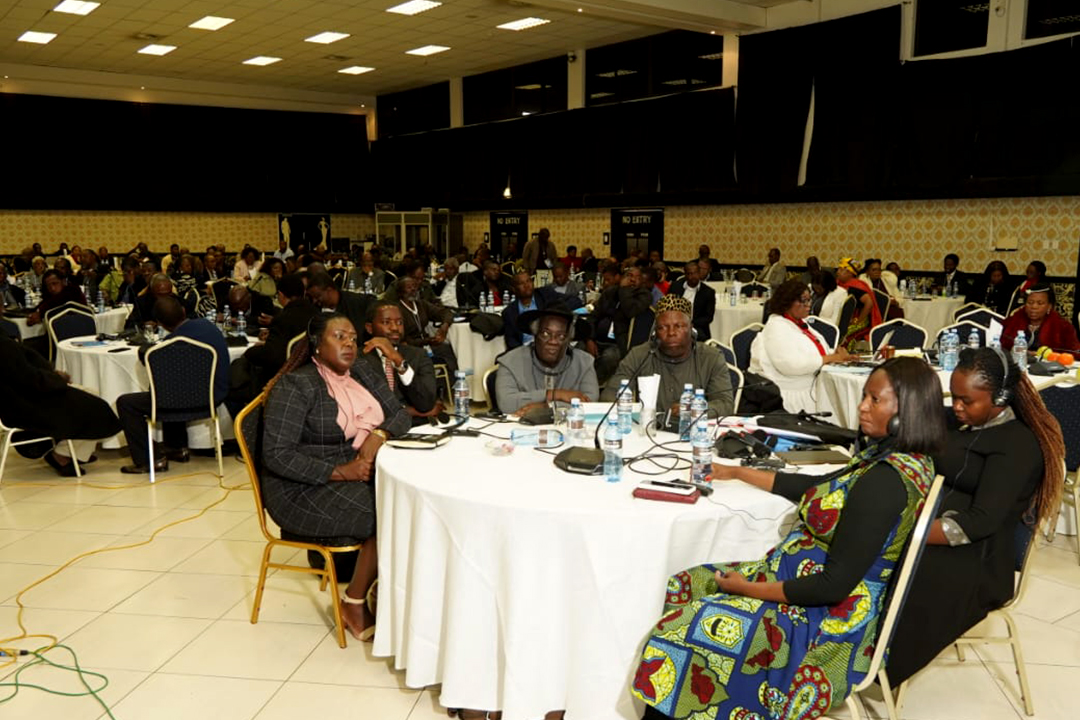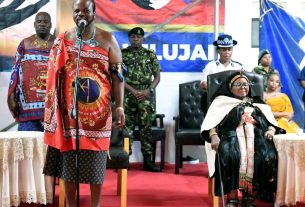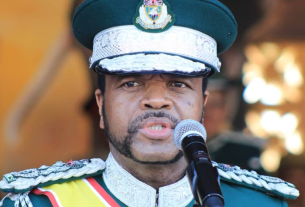By Phesheya Ian Kunene
MATSAPHA – “You cannot demand a seat at the high table when you don’t respect your own homestead,” was one of the sharp takeaways from a fiery youth-led panel discussion during the Eswatini Local Government Conference on Thursday.
Themed around youth inclusion in governance within the Tinkhundla system, the session brought together dynamic young minds and veteran voices for an honest conversation on youth unemployment, exclusion, identity and responsibility, and things got real, real fast.
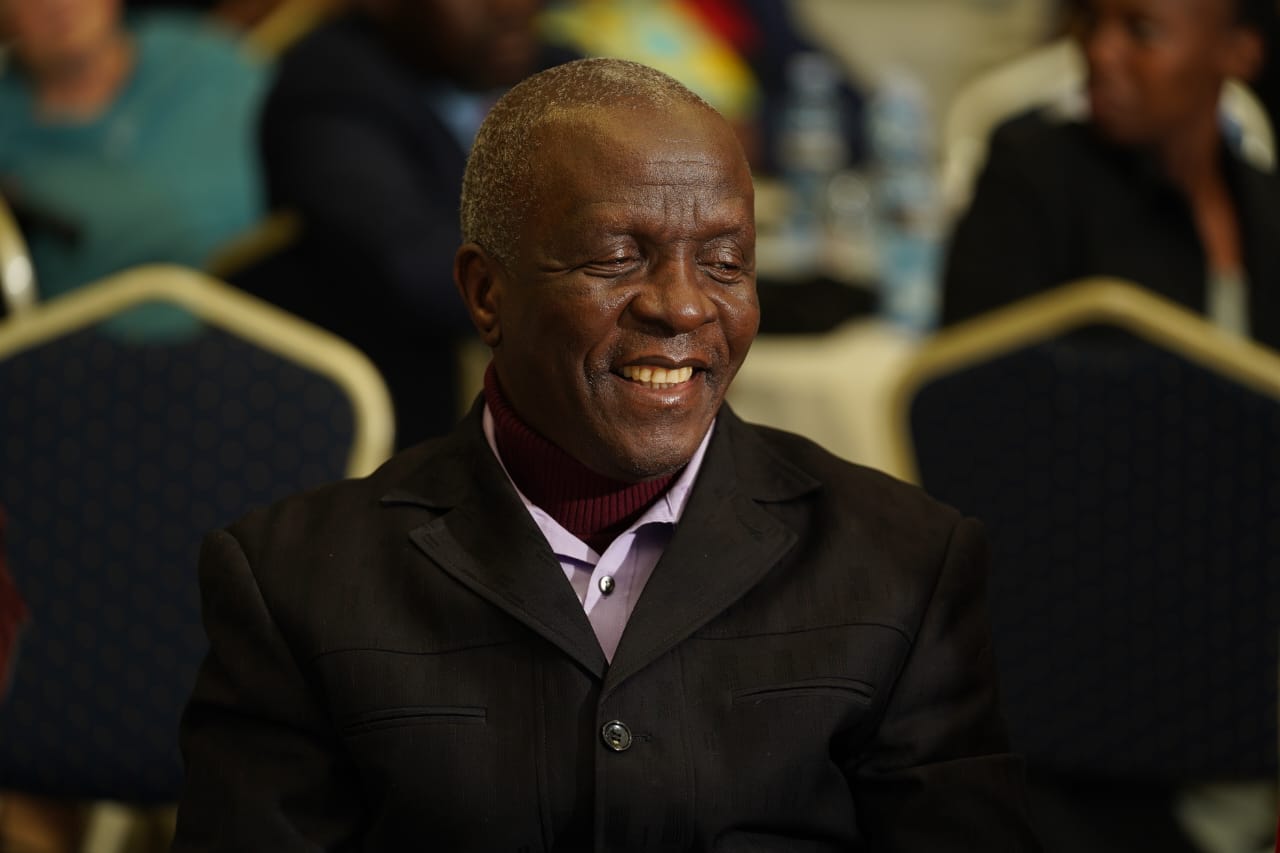
Leading the panel was Sakhile Nsibandze, President of the Youth Chamber of Commerce and Industry Eswatini. Passionate and poised, Nsibandze called for a mindset shift among the youth of the kingdom.
“Respect begins in our chiefdoms. You cannot jump over your tr
aditional leaders and expect government to take you seriously,” she said, drawing nods across the room.
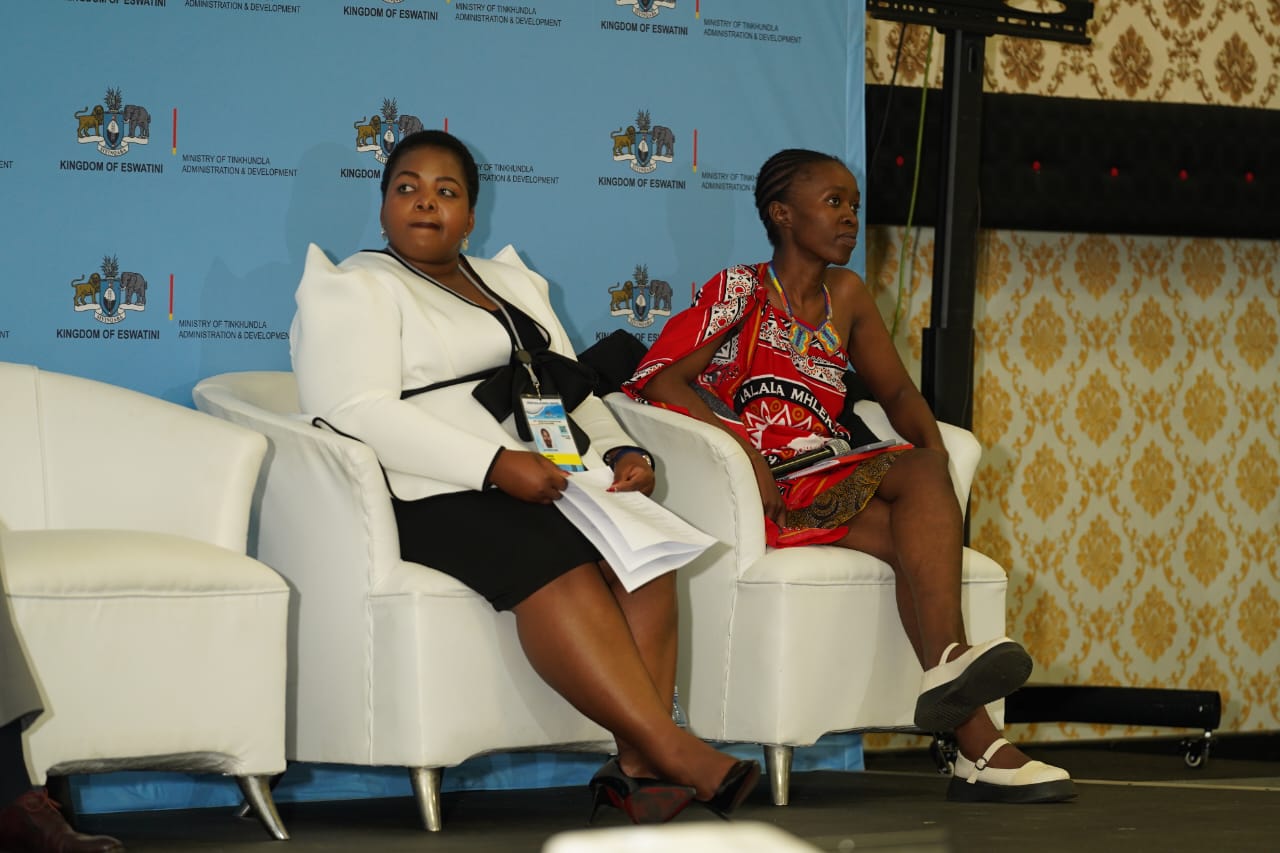
Nsibandze, who is also a recognised social entrepreneur, highlighted the need for grassroots respect and accountability before demanding inclusion at national levels. She said young people must first understand and embrace the value of traditional governance. “Chiefs are not obstacles to progress, they are the gateway to authentic community development,” she added.
The panel featured other inspiring voices including entrepreneur Xolile Dlamini, eco-leadership expert Professor Shabangu, and Joseph Mbowa, Director of Asitakhele, a non-profit organisation driving youth advocacy.
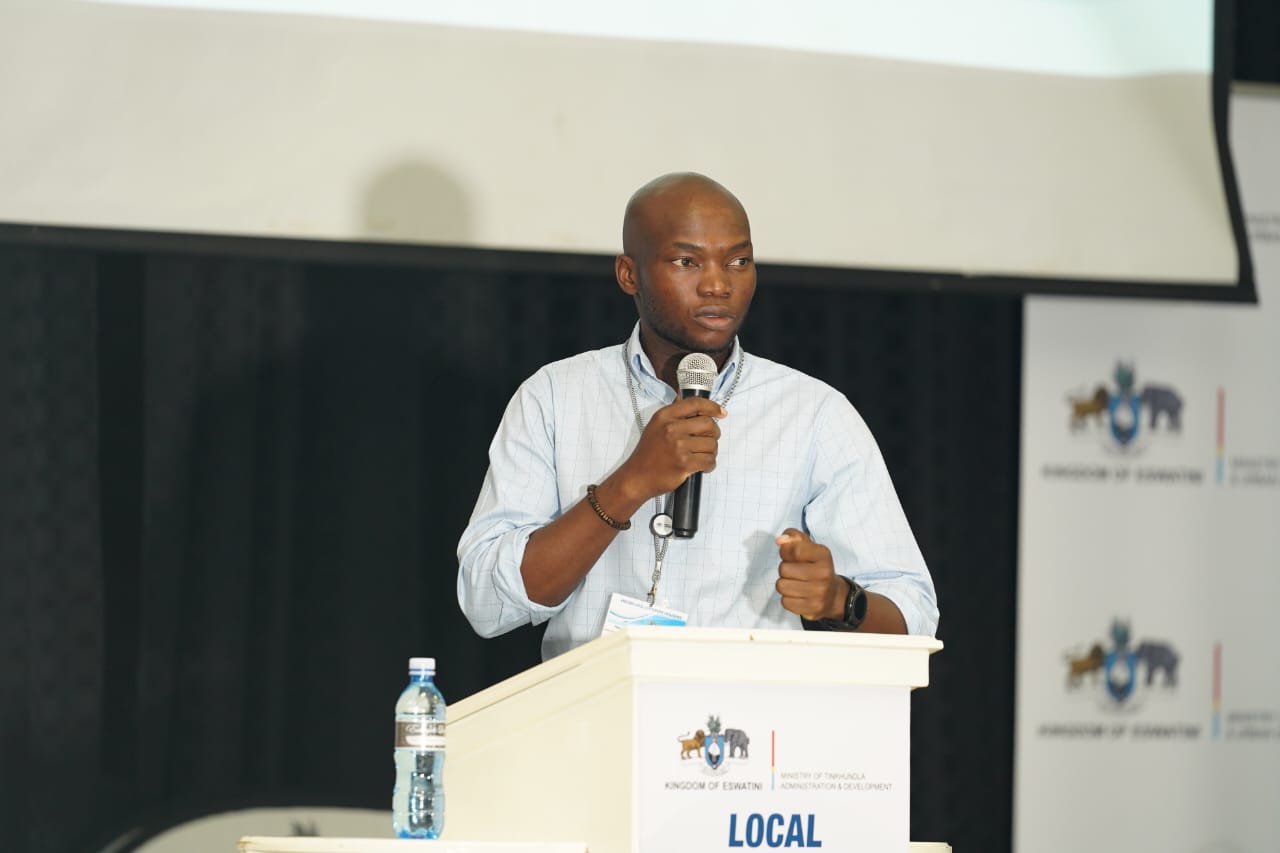
Professor Shabangu fired up the session with a motivational opening, urging young people to stop sitting back and start stepping up.
“Let’s stop complaining. Let’s start doing,” he said. “If we want to lead, we must prepare. If we want space, we must take it, not ask for it.”
Shabangu further pushed for youth education in governance, entrepreneurship and financial management, calling it the foundation of sustainable leadership.
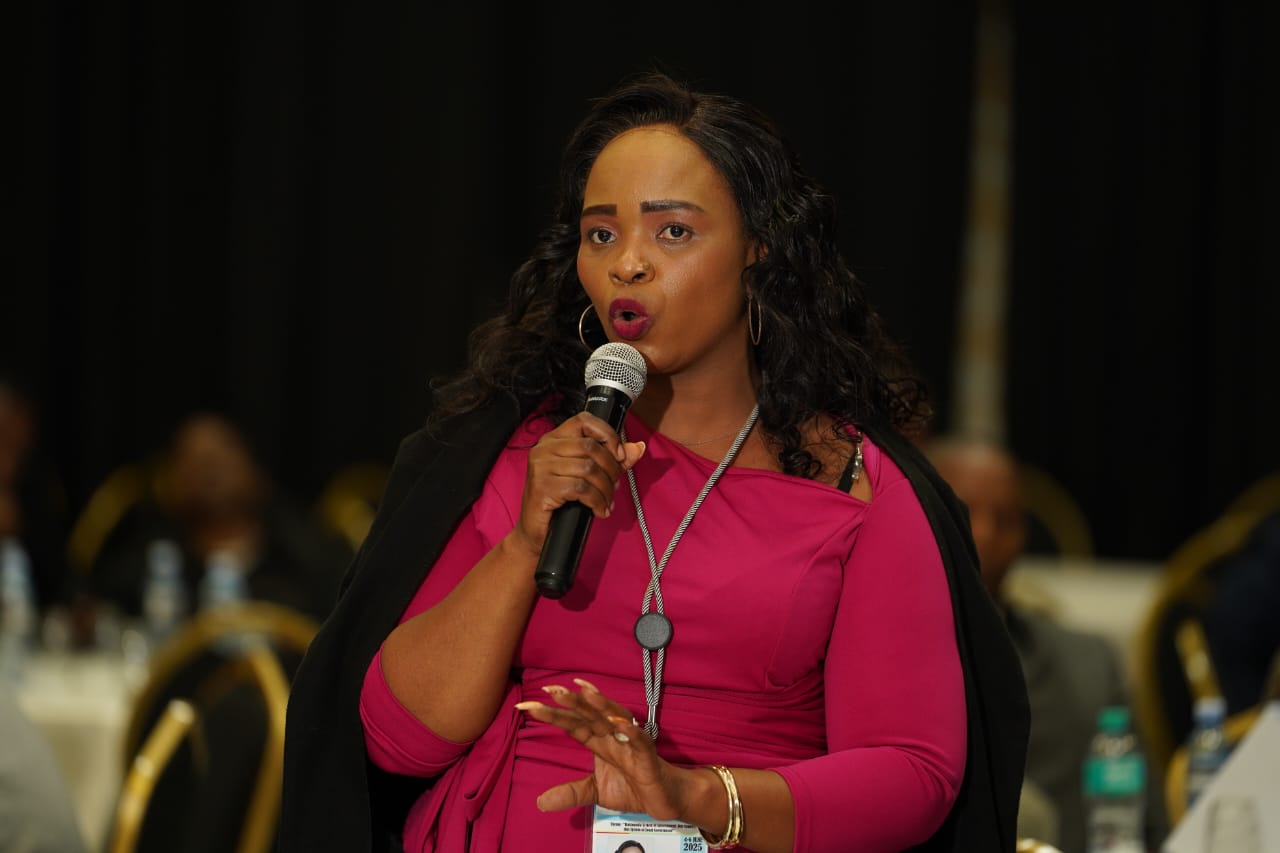
Taking the baton, Xolile Dlamini made an emotional call for the establishment of more Youth Development Centres, especially in rural areas.
“We need more than conversations. We need tools and spaces to channel our energy productively. Youth are vibrant, but if they are not engaged, that energy can turn destructive,” she warned.
Dlamini didn’t stop there. She encouraged the youth to take care of their mental health, reminding them that identity and inner peace are just as critical as opportunity.
“Be content with who you are. Don’t lose yourself in the race for visibility,” she said.
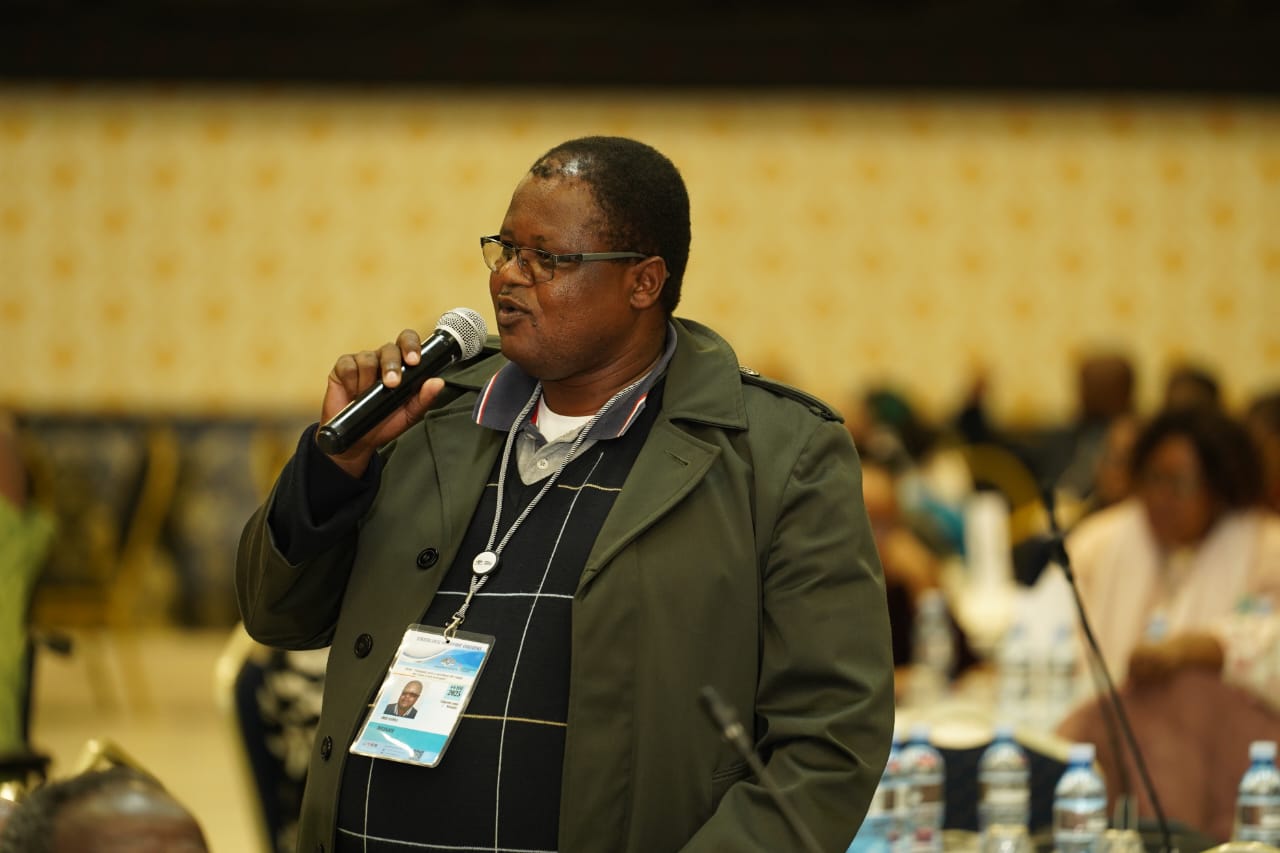
Closing off the panel before an engaging Q&A session was Joseph Mbowa, who challenged the authors of the proposed local government Bill to clarify whether youth voices were truly represented in the process.
“Are we in the room, or are we just being mentioned in passing?” he asked, sparking murmurs of agreement from the youth in attendance.
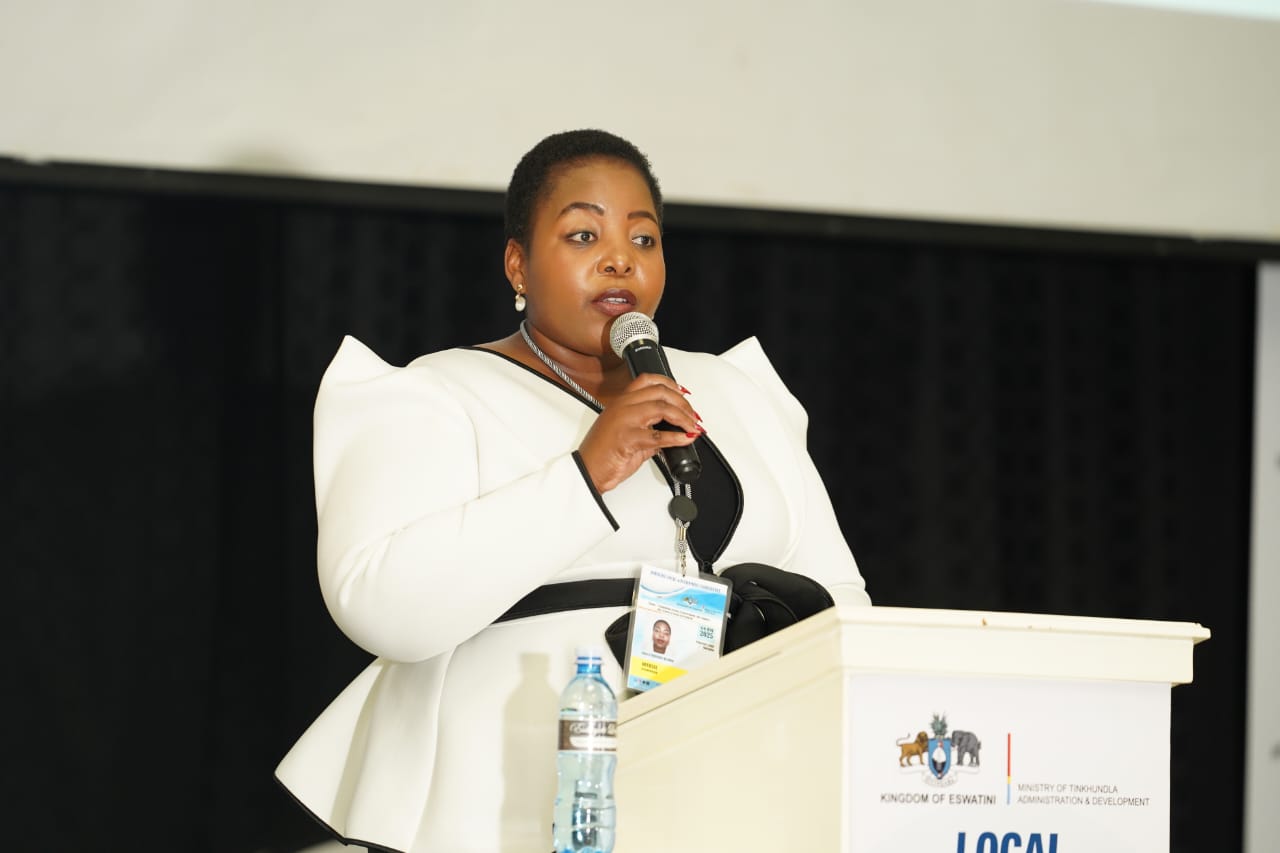
Mbowa went further, calling for unity. “The government does not need 100 different youth opinions. They need one voice backed by 100 committed young people,” he said.
“Let us be solution-driven, not always expectant. Our ideas must serve the system, not just shout at it.”
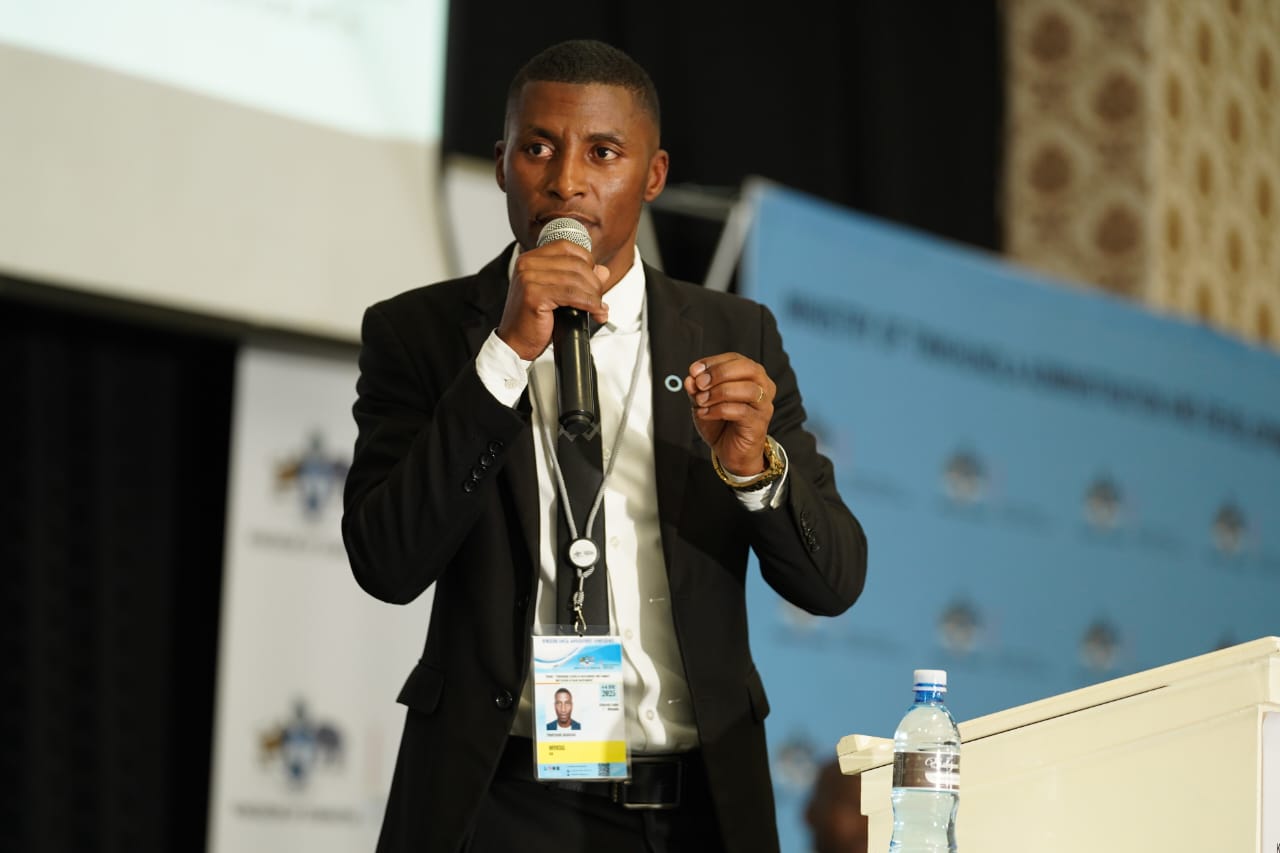
In the Q&A session, former Deputy Prime Minister Themba Masuku commended the panel and encouraged youth to build lasting relationships with governance structures.
“Partnerships with government are key,” he said. “It is your responsibility to ensure your voice becomes policy.”
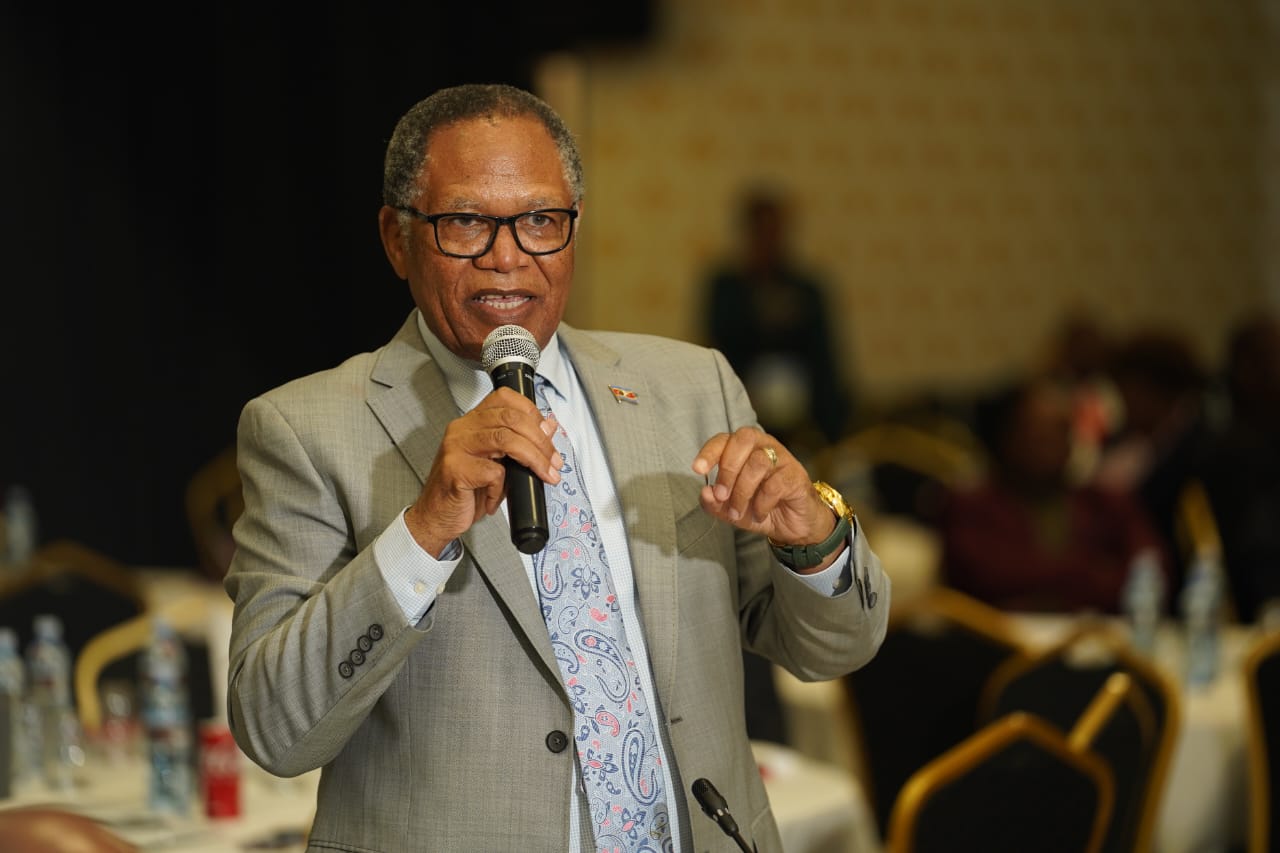
The discussion ended on a high note with praise for the ICT developments at Tinkhundla centres, which were described as a “magnet” for youth participation and a critical tool in drawing young minds into national conversations.
As the conference continues, the youth have made one thing clear, they don’t just want a future. They want to build it, and they’re ready to start from the ground up.

